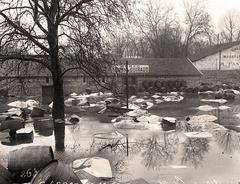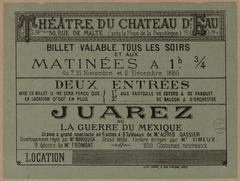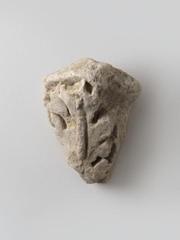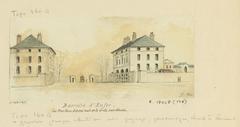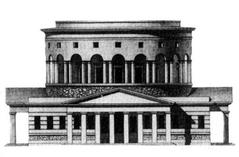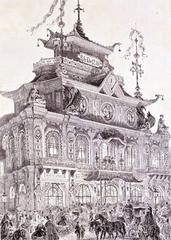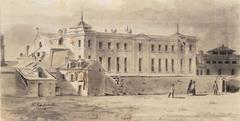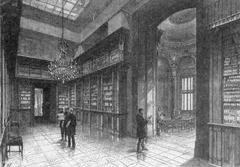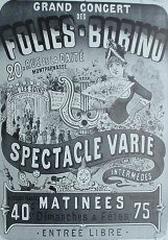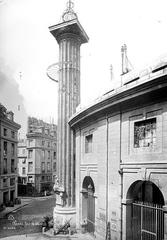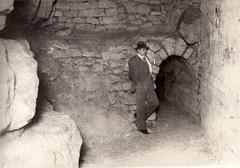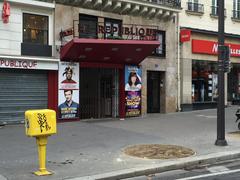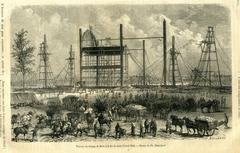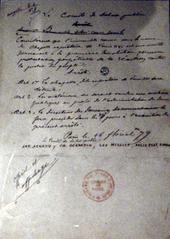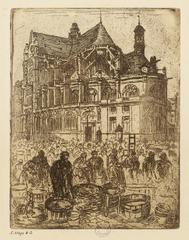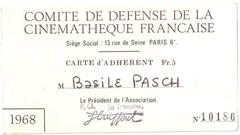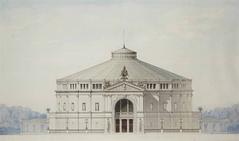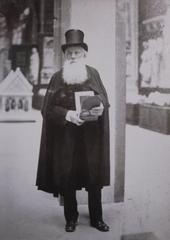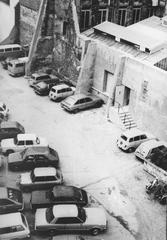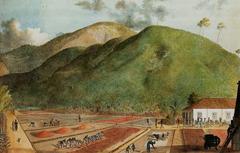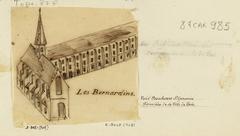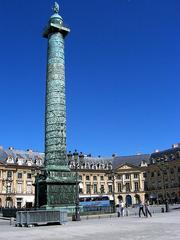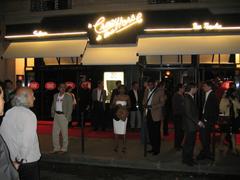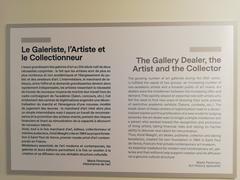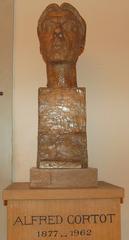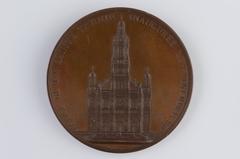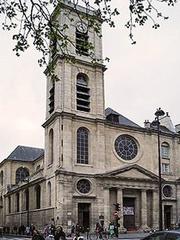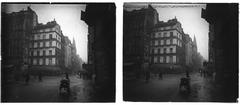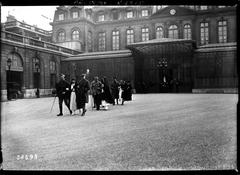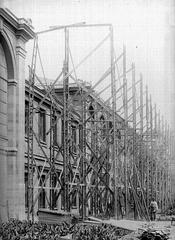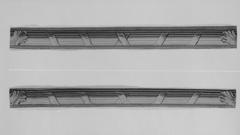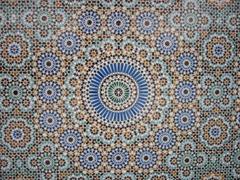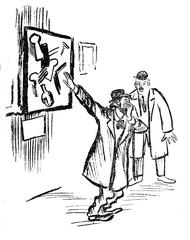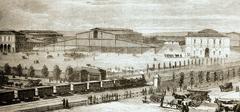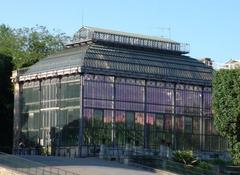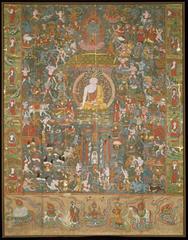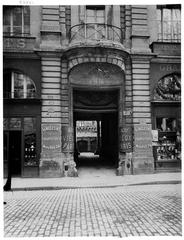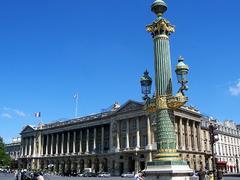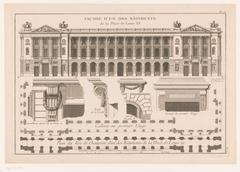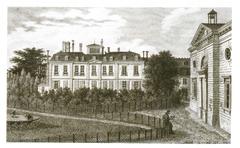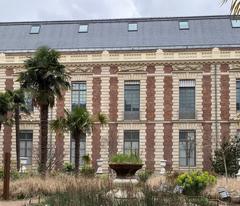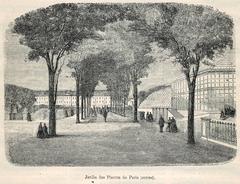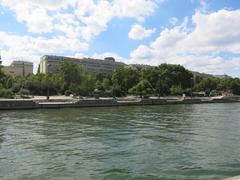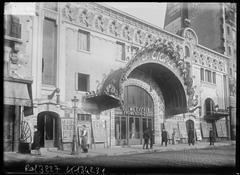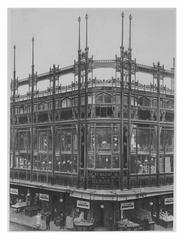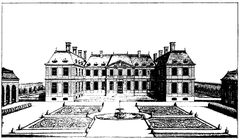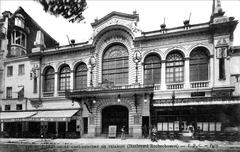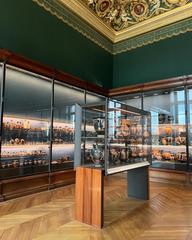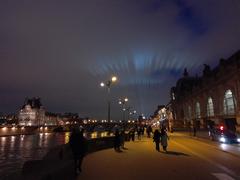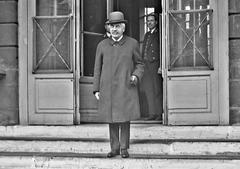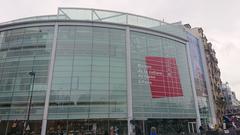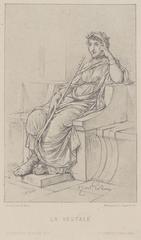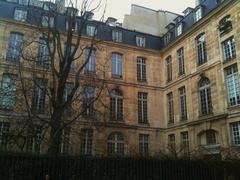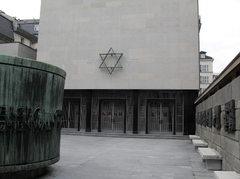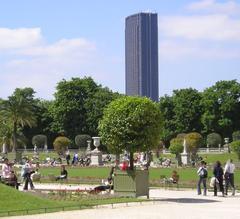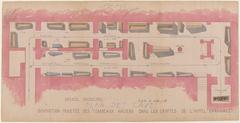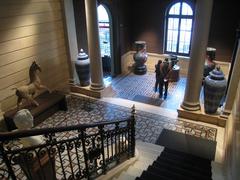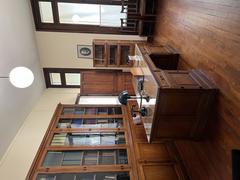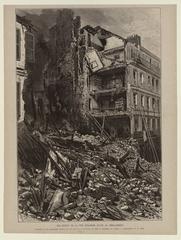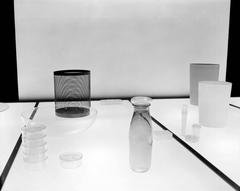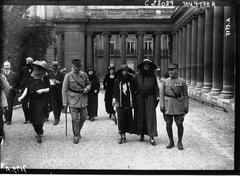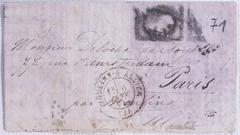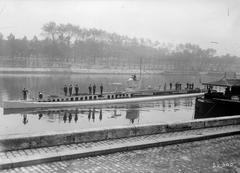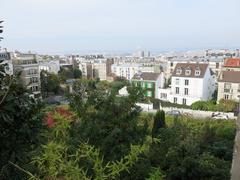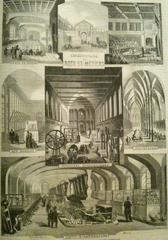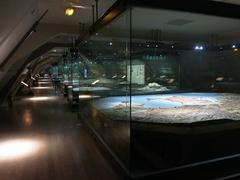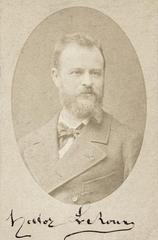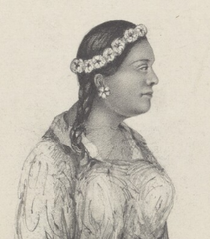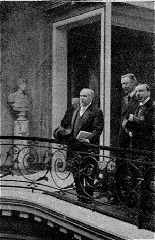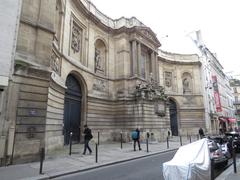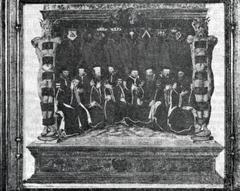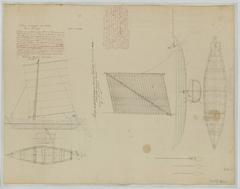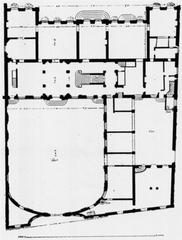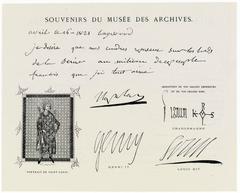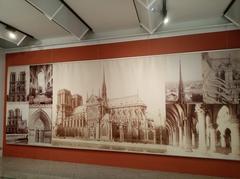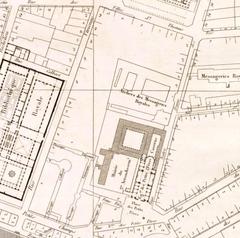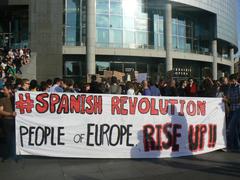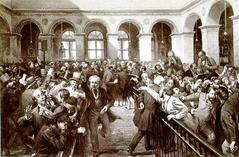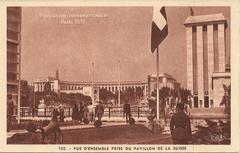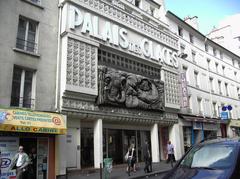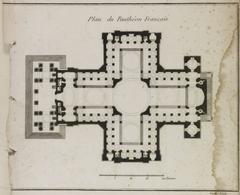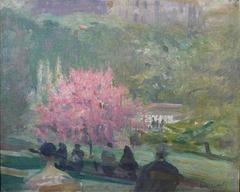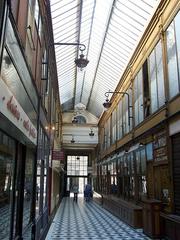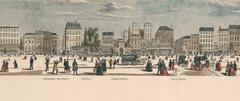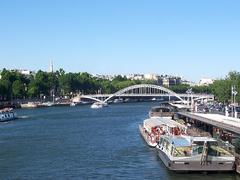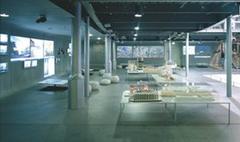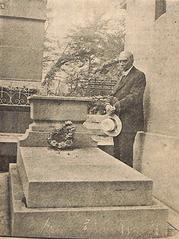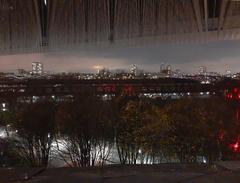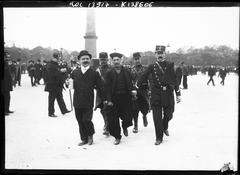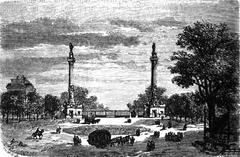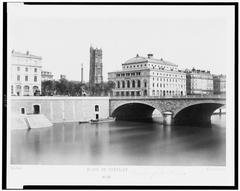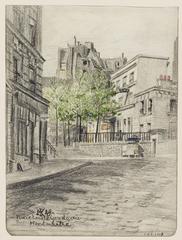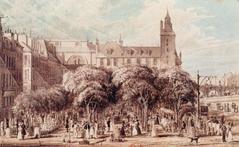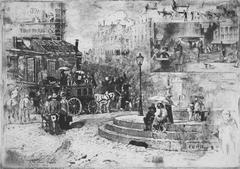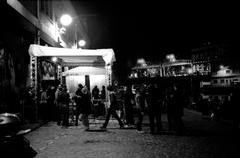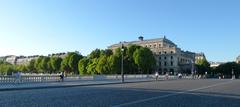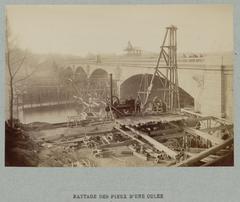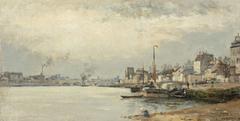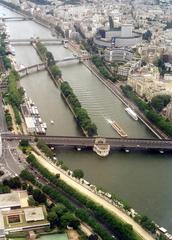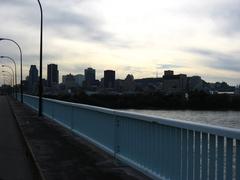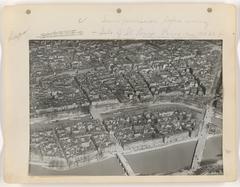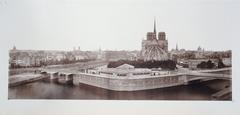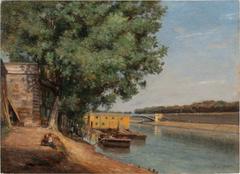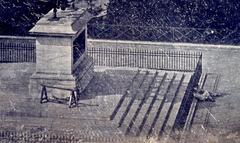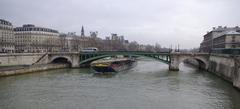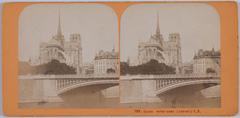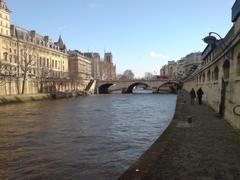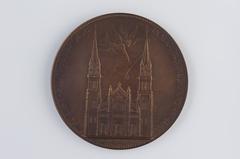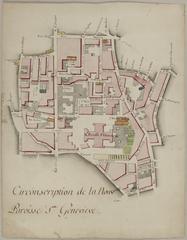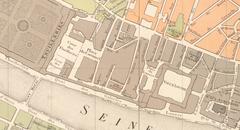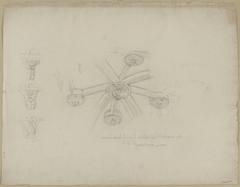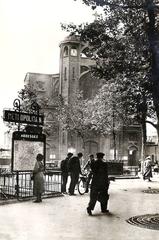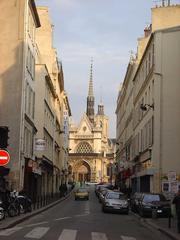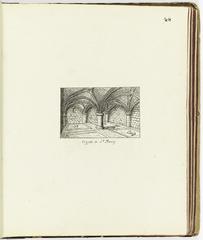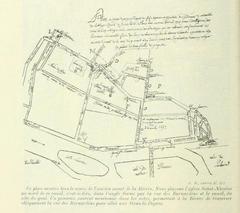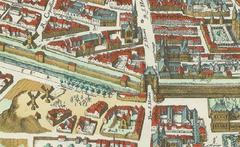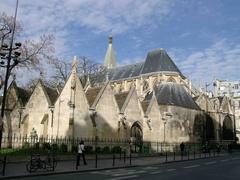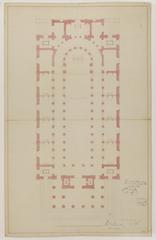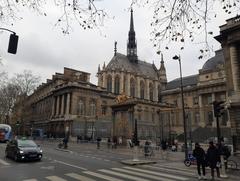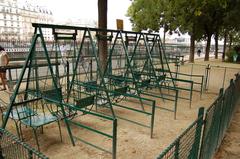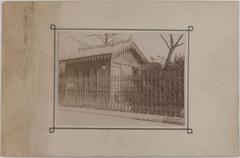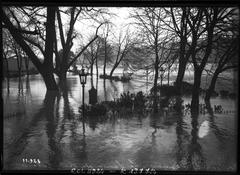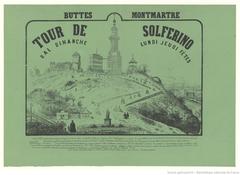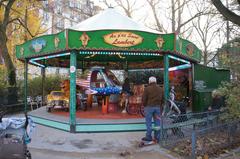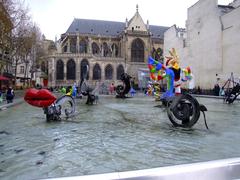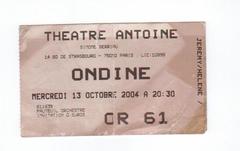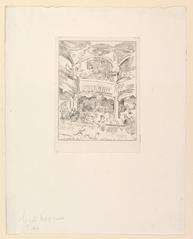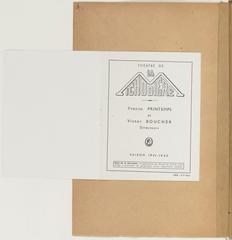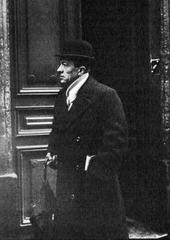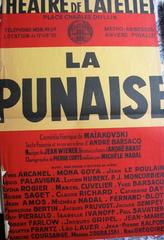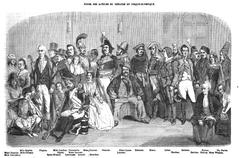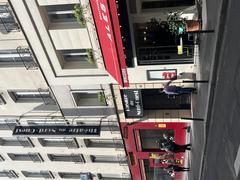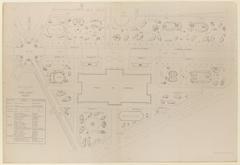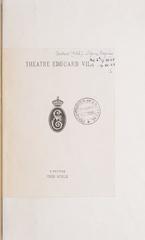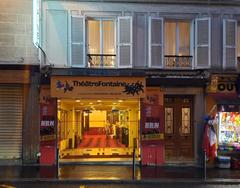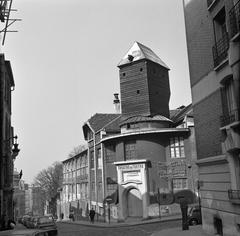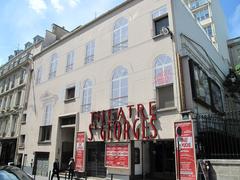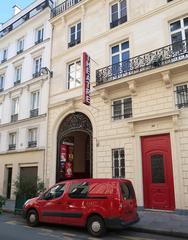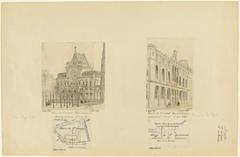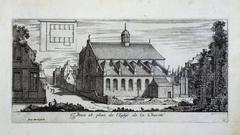Complete Guide to Visiting Paris Administrative Detention Center 1 (CRA 1): Visiting Hours, Permissions, and Nearby Historical Sites
Date: 03/07/2025
Introduction
The Paris Administrative Detention Center 1 (Centre de Rétention Administrative de Paris 1, or CRA 1) is a key institution within France’s immigration enforcement landscape. Unlike museums or monuments, CRA 1 is a secure facility dedicated to the administrative detention of non-citizens as part of immigration procedures. Established within France’s comprehensive migration management policy, the center is crucial for the detention and processing of migrants, asylum seekers, and individuals awaiting deportation. While it is not open to the general public, CRA 1 holds significant importance in the intersection of law, human rights, and public policy in Paris (Prison Insider; Global Detention Project).
This guide is tailored for those with legitimate reasons to visit the center—legal representatives, accredited NGOs, consular staff, or family members—offering comprehensive information on its history, legal framework, visitor protocols, and the broader context within Paris. It also highlights relevant resources and nearby cultural sites for educational enrichment.
Table of Contents
- History and Significance of CRA 1
- Facility Location and Access
- Legal Framework and Detainee Rights
- Visitor Regulations and Procedures
- Health, Welfare, and Support Services
- Security and Oversight
- Practical Tips for Authorized Visitors
- Nearby Points of Interest
- Ethical Considerations and Privacy
- Frequently Asked Questions (FAQ)
- Additional Resources
- Conclusion
History and Significance of CRA 1
Paris Administrative Detention Center 1 forms part of France’s national network for administrative detention. Established in the mid-1990s and expanded over subsequent decades, CRA 1 is emblematic of the country’s evolving approach to migration control, reflecting both shifting political priorities and ongoing debates about human rights in the context of immigration enforcement (Global Detention Project). The facility is not a historical monument but is significant for those studying the social history of migration, the legal system, and the balance between state sovereignty and individual rights.
Facility Location and Access
CRA 1 is located in the Vincennes area of Paris, near the Bois de Vincennes, at latitude 48.8310662 and longitude 2.4688277. The site operates within a highly secured perimeter managed by the Préfecture de Police (Global Detention Project). Access is strictly limited to:
- Legal representatives
- Accredited NGOs
- Consular staff
- Family members of detainees (with prior approval)
- Official monitors
Public or casual visits and tourism are not permitted. Visitors must coordinate with the appropriate authorities, verify access protocols, and present valid identification upon entry.
Legal Framework and Detainee Rights
The operation of CRA 1 is governed by French administrative law, closely aligned with international conventions such as the European Convention on Human Rights (ECHR) and the International Covenant on Civil and Political Rights (ICCPR) (OHCHR Facilitator’s Guide). Key legal safeguards include:
- Maximum detention period: Generally capped at 45 days, with release required if deportation is not completed within this timeframe (Prison Insider).
- Judicial review: Detainees have the right to challenge their detention before the courts.
- Legal aid: Access to legal assistance is guaranteed, particularly for those without resources.
- Special protections: Vulnerable groups such as minors, asylum seekers, and refugees are afforded additional safeguards. For example, refugees and asylum seekers are exempt from consular notification to protect their safety (Equality and Human Rights Commission, p. 11).
Visitor Regulations and Procedures
Who Can Visit?
Only authorized individuals—lawyers, accredited NGO staff, consular officials, and close family members—can visit detainees at CRA 1. All visits must be scheduled in advance and approved by the center’s administration (Asylum Information Database).
How to Arrange a Visit
- Visitation permit: Submit an application (online or in writing) with identification, proof of relationship, and any required documents (Prison Insider).
- Scheduling: Visits typically occur during weekdays; request appointments at least 24 hours ahead.
- Security: All visitors undergo identity verification and security screening. Personal items, especially electronics, are usually prohibited.
Visiting Children and Families
Since January 2024, the detention of families with children in mainland France is prohibited. Only adult family members may visit, and children are generally not allowed during visits (Asylum Information Database).
Health, Welfare, and Support Services
CRA 1 provides basic health services, including:
- A doctor available at least weekly
- Daily nurse presence
- Weekly psychologist visits
Legal assistance is available, and social workers help facilitate communication between detainees and their families. NGOs offer legal, humanitarian, and informational support (Global Detention Project).
Security and Oversight
The French National Police are responsible for security and custody within the center (Wikipedia). Independent oversight is provided by organizations such as the General Inspector of Confinement Centres (CGLPL) and accredited NGOs, ensuring transparency and monitoring the treatment of detainees.
Practical Tips for Authorized Visitors
- Advance Scheduling: Always book visits ahead through the Préfecture de Police or relevant NGO.
- Bring Proper Identification: Government-issued ID is mandatory.
- Prepare for Security: Expect screening; leave electronic devices and unnecessary belongings behind.
- Language: French is the main language; bring a translator if needed.
- Legal Documentation: Lawyers should carry proof of representation.
- Respect Rules: Comply with all center regulations and instructions from security staff.
Nearby Points of Interest
While the center itself is not a destination for tourism, visitors accompanying detainees may wish to explore nearby landmarks such as:
- The Bois de Vincennes
- Museums like the Louvre or Musée d’Orsay
- Notre-Dame Cathedral
- Paris’s historic riverbanks
Combine visits with seminars or exhibitions about migration and human rights, frequently held at Parisian cultural institutions (Paris Convention and Visitors Bureau).
Ethical Considerations and Privacy
Visitors must respect detainees’ privacy and dignity:
- No photography or recording inside the facility
- Data protection: Personal data collected for visitation is handled in accordance with French law (CRDH Paris)
- Confidentiality: All information regarding detainees must remain confidential; concerns can be reported to oversight bodies or staff
Frequently Asked Questions (FAQ)
Q: Can tourists visit CRA 1?
A: No; only authorized visitors such as legal representatives, accredited NGOs, and family members may access the facility.
Q: What documentation is required for a visit?
A: A valid government-issued ID and official visitation permit are mandatory.
Q: Are family visits allowed?
A: Yes, but only for close adult family members with prior approval. Children are generally not permitted.
Q: How do I schedule a visit?
A: Contact the center’s management, the Préfecture de Police, or relevant NGO well in advance to arrange a visit.
Q: What are the visiting hours?
A: Visiting hours are scheduled and can vary; confirm with the center directly.
Additional Resources
- Prison Insider
- French Ministry of the Interior
- OHCHR Facilitator’s Guide
- Global Detention Project
- Asylum Information Database
- Paris Convention and Visitors Bureau
Conclusion
Paris Administrative Detention Center 1 (CRA 1) is a secure, specialized facility central to France’s migration enforcement system. Access is highly regulated, reserved for those with legitimate, authorized reasons. This guide is designed to help visitors navigate the protocols and ethical considerations required for entry while supporting detainees’ rights and dignity. For additional updates, practical resources, and information on migration-related events in Paris, consult the referenced official sources or explore dedicated digital platforms such as the Audiala app.
